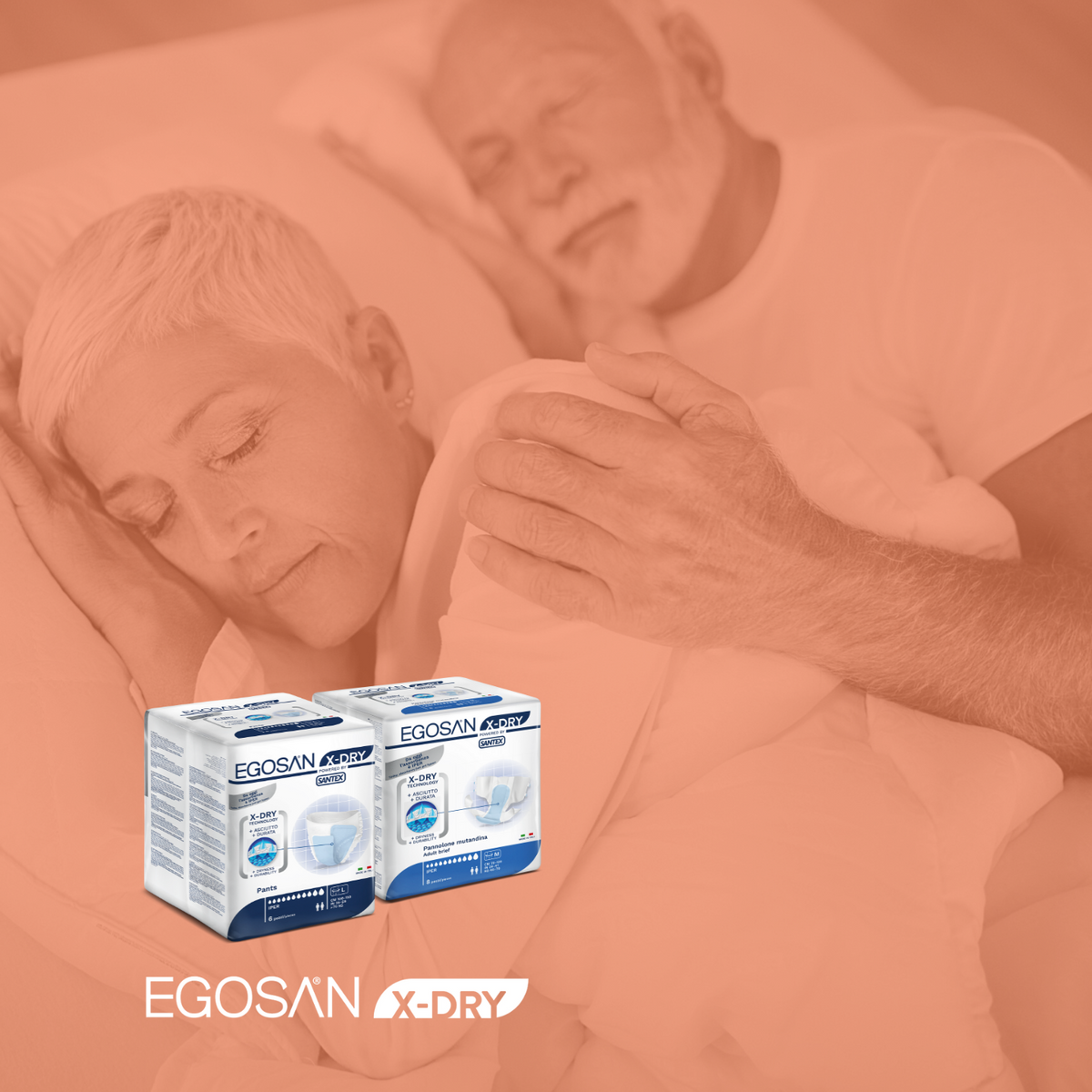How to Manage Incontinence After Surgery

For those who have had surgery, urinary incontinence can be a frustrating and inconvenient post-operative complication. The most difficult forms of incontinence to manage are urge or overflow incontinence, which most commonly occurs among men who have had prostate surgery. Those who have other types of surgery may experience what is known as stress incontinence, which is urine leakage caused by such activities as coughing, laughing, sneezing, or lifting a heavy object.
Typically incontinence improves within a few weeks of surgery, but patients can expedite the improvement in a number of ways, as listed below.
Strengthening pelvic floor muscles. Weak pelvic muscles are a major cause of incontinence. One of the best ways to strengthen them is through Kegel exercises. This involves tightening your pelvic floor muscles, holding them for three seconds, and then relaxing them for three seconds. For best results, do 10 repetitions of this exercise at least three times a day.
Change in diet. Avoid caffeine, alcohol beverages, and other diuretics that can cause greater frequency of urination. Also avoid spicy foods that can irritate the bladder. Eat smaller meals to avoid a full or bloated feeling. It also is not a bad idea to lose a few pounds, as that can help your urinary control.
Frequent bathroom visits. Make it a habit to visit the bathroom every 90 minutes to two hours. Be proactive. Don’t wait until the urge to urinate comes upon you.
Plan ahead. Always use the bathroom before leaving the house, even for short periods. If you are in a public place, it may be difficult to find a restroom at the time when you need it.
Incontinence products. Use incontinence pads or underwear, when needed. You may find it convenient to use these incontinent products when away from home or while sleeping in anticipation of nighttime accidents. Also consider using waterproof bed pads or bedside portable commodes as a temporary measure until continence improves.
Medication. While there are no specific medications for stress incontinence, those who have other forms of incontinence from prostate or other surgeries may benefit from medication. Discuss your incontinence issue with your doctor and ask if he or she can prescribe a mediation to provide better bladder control or decrease frequency of urination.
Medical devices/surgery. For men whose incontinence persists even after six months or a year after their prostate surgery, consider such procedures as an artificial sphincter or bulbourethral sling surgery. For women, devices designed to control stress incontinence include a vaginal pessary, inserted to support the bladder and prevent urine leakage during activity, or a urethral insert, inserted into the urethra as a barrier to prevent incontinence.
Incontinence is an additional frustration after dealing with the ordeal of surgery. However, it is surmountable if you follow the strategies and medical interventions that will help you get back to your normal routine.




